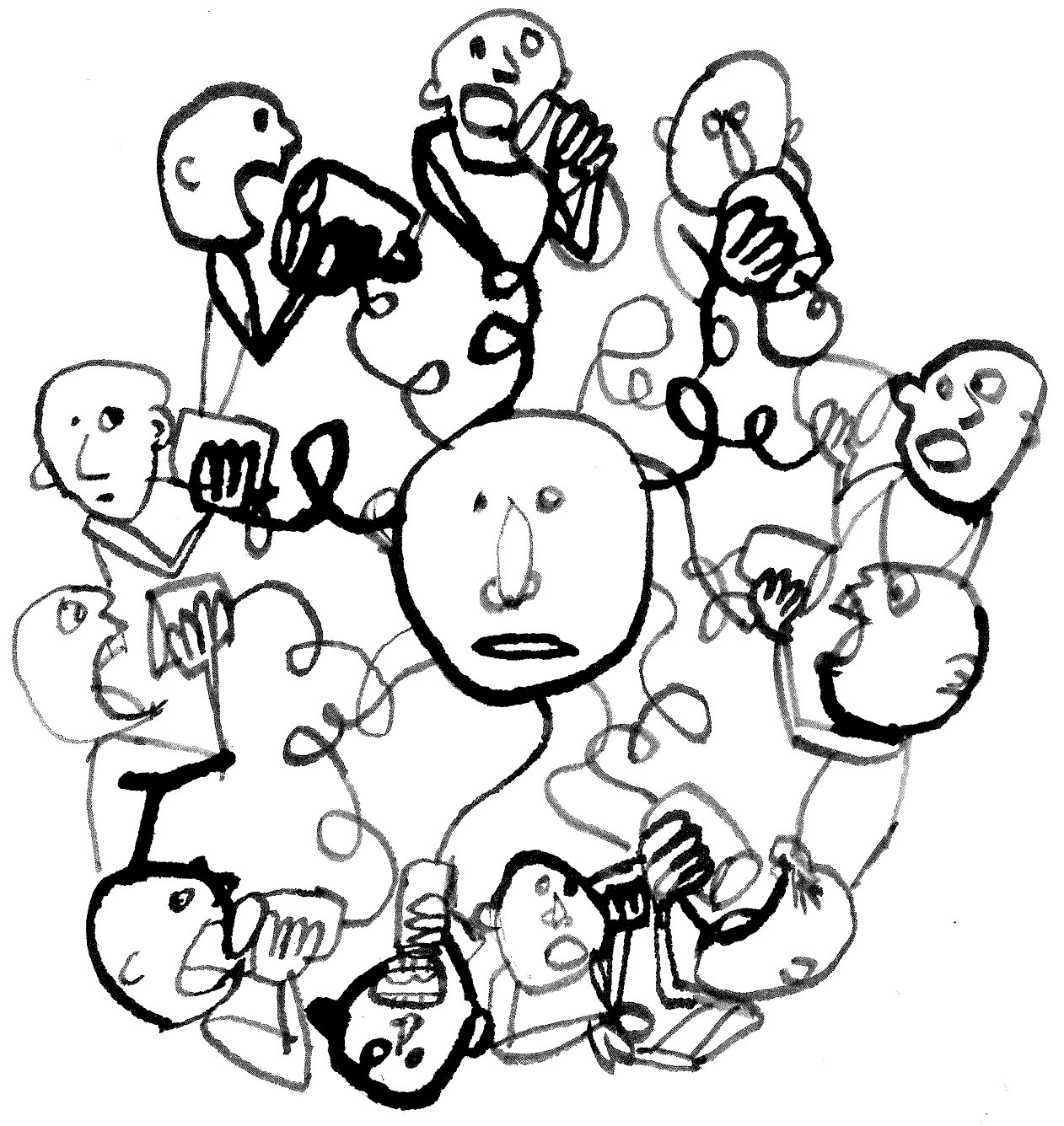“Mindfulness” has seeped into nearly every crevice of social life. There is mindfulness at work, mindful schools, mindful parenting, even mindful dog-training, for when Buddy wants to dabble in Buddhism (not really, but can’t be far off). For the non-meditative malcontents among us, it’s easy to laugh at yet another therapeutic fad. But a closer look at the oft-repeated claims of its promoters points to something darker: The mindfulness movement repackages a deeper malaise and misanthropy at the heart of contemporary life. Boosters and critics of the movement alike tell us it is about “optimization,” but mindfulness gurus don’t really build people up. They knock them down.
The practice of mindfulness itself is mostly harmless and no doubt has personal benefits for some, but in recent years, it has increasingly been sold as a social and political panacea. In 2015, a British all-party parliamentary group on mindfulness produced a report titled “Mindful Nation UK,” which supported the expansion of mindfulness across policy areas as diverse as health, education, work, and the criminal-justice system. Blaming a tendency toward automatic and unthinking activity for many social ills, the report saw the cure in mindfulness, which could help citizens “pay attention to what’s happening in the present moment.”
American mindfulness guru Jon Kabat-Zinn remarked that the UK report’s ramifications were “profoundly beneficial. They will be addressing some of the most pressing problems of society at their very root—at the level of the human heart and mind.” In other words, if you want solutions to pressing problems, the “answer lies within.” The belief that mindfulness can resolve institutional crises and policy impasses lays bare one of contemporary culture’s guiding assumptions: that human weakness and irrationality lie at the heart of what ails us collectively.
The overt assumption here is that, left to their own devices, people tend toward automatic and unthinking behavior. One of the favorite claims of mindfulness advocates is that people go through life on “autopilot,” leading to personal and societal malaise. Arianna Huffington wrote in her 2014 mindfulness manifesto, Thrive, “We might think we’re in charge of our thoughts and behavior—captains of our ship, turning the wheel this way and that—but so often it’s actually our autopilot in control.”
